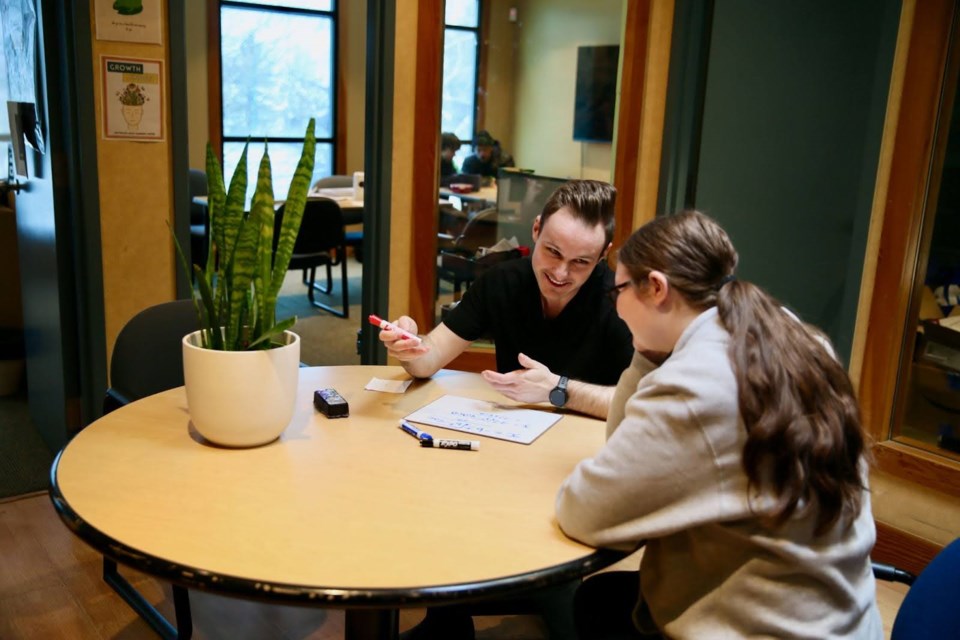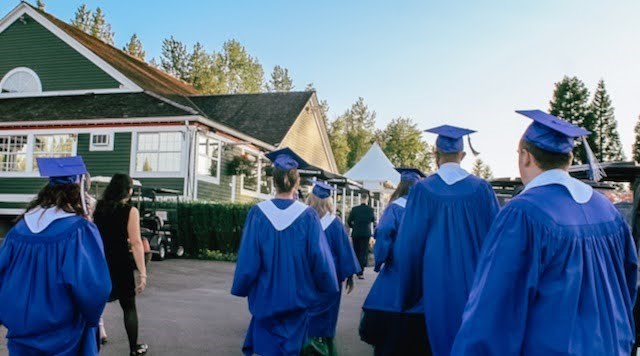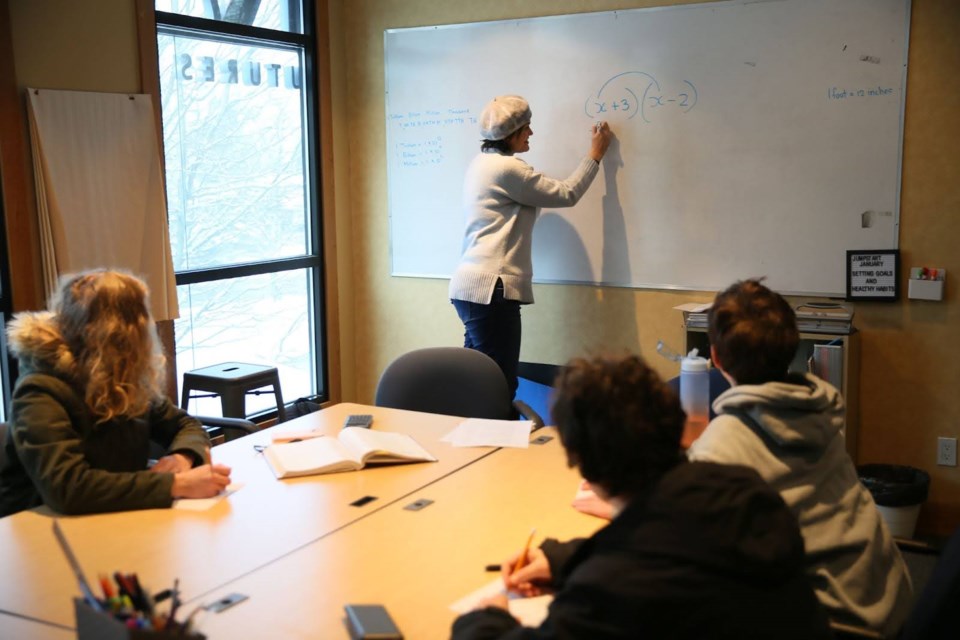For many children—especially those on an IEP and with a Diverse Learning Designation—school hasn’t felt like a good fit or a place where they can truly be successful. Maybe the class sizes were too big, the pace too fast or slow, the environment too impersonal or uncomfortable or the learning too rigid and not sufficiently tailored to their learning style. Every child learns differently, yet many schools aren’t built to adapt to those differences.
That’s why Whytecliff Agile Learning Centre takes a more flexible, student-centered approach. With small class sizes and a focus on strong relationships, Whytecliff creates a learning experience that meets students where they are. With one of the lowest student-to-educator ratios in British Columbia—less than 5:1—learning is highly personalized, shaped around individual strengths, challenges and interests. But beyond academics, it’s the school’s positive, relationship-based approach that makes a lasting impact.
“Whytecliff is more than a school — it’s a community,” says Robert Kissner, the centre’s executive director. "Many young people arrive after years of feeling excluded or misunderstood. Here, they build confidence, form meaningful relationships and develop a positive sense of self that lasts a lifetime."
Established more than a generation ago, Whytecliff Agile Learning Centre supports students in grades 8 through 12 with Individualized Education Programs (IEPs), focusing on those with learning differences, anxiety, depression or social challenges. Many have faced bullying, isolation or simply lacked the tailored learning support necessary to succeed and fully flourish—while others are exceptionally bright but disengaged in traditional classrooms.

Kissner’s team works closely with parents and caregivers who appreciate a small, relationship-focused environment, where dedicated staff invest time to recognize each student’s individuality and unique learning style. The program works best for students who benefit from personalized guidance, flexible learning and a balance of challenge, autonomy and support—rather than those who require dedicated one-on-one assistance throughout the school day. Whytecliff is a place where children learn to learn together.
With dual accreditation as both an accredited independent high school (BC Ministry of Education) and a Positive Youth Development program (CARF), Whytecliff’s model is built around flexibility, relationships and personal growth. It’s a program designed for youth who want a fresh start and a flexible, strengths-based approach that helps them build confidence, skills and a strong foundation for the future.
The focus on small group learning and individualized support helps reduce anxiety, build confidence and foster real engagement, ensuring that each student gets what they need to succeed—both academically and personally.
"Small numbers allow for real relationships to form," Kissner says. "It’s easier to feel seen and valued in a setting where you’re an active part of a tight-knit community, rather than just another face in a crowd."
For many students here, school was once a source of stress. Some arrived convinced they weren’t “school people,” feeling disconnected and discouraged. But at Whytecliff, learning feels different—less about pressure and more about personal growth.
"At Whytecliff, students thrive when given hands-on learning, a supportive community and the freedom to learn in a way that works for them," Kissner says.
That’s why Whytecliff’s educational approach goes beyond traditional methods, making learning engaging, relevant and interactive. The curriculum includes experiential and project-based learning (PBL) to help students develop a deeper understanding of concepts rather than just memorizing facts for a test. A group might build a self-sustaining aquaponics system, balancing aquatic and plant life while tracking nitrogen cycles. Others might work with a wildlife rescue society, learning about conservation through direct action. Lessons aren’t just about absorbing information—they’re about exploring ideas, solving real problems and making meaningful connections to the world
"When students can see the real-world impact of what they’re learning, it shifts everything," Kissner says. "They stop asking ‘Why do I need to know this?’ and start getting curious about what they can do with it."

And that engagement is reflected in the hard numbers behind a myriad of Whytecliff success stories: attendance doubles, course completion increases four to eight times and 95% of students who reach grade 12 graduate.
"After graduation, our students move forward in a variety of paths—university, college, trades, careers and the world of work," Kissner says. "The one thing they consistently say? They feel like they’re on a good path."
For children seeking a school where they will feel valued, supported and empowered, Whytecliff Agile Learning Centre offers a fresh start—and a path forward.
To learn more about Whytecliff Agile Learning, visit walc.ca.



